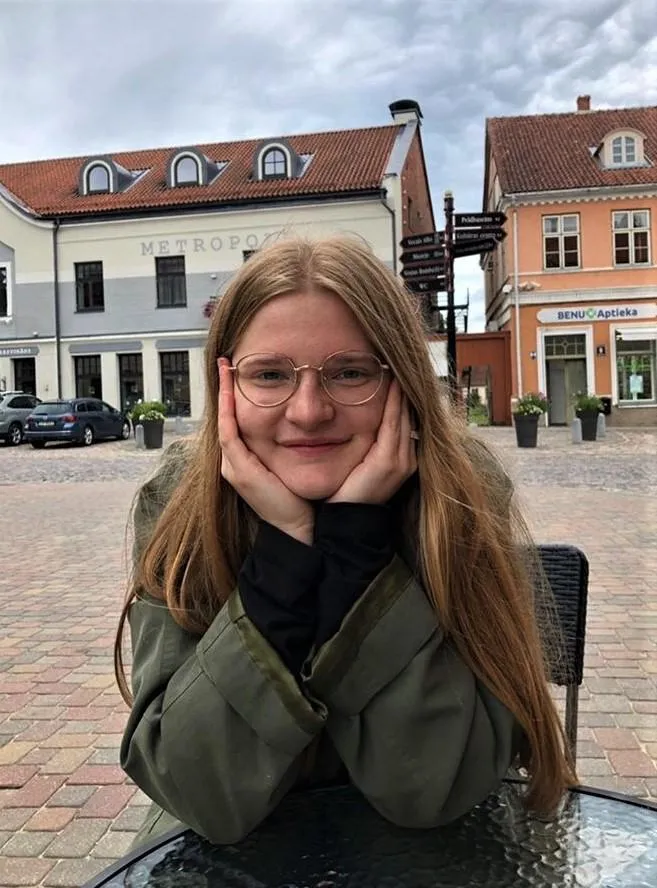Neuroscience is a vibrant and emerging discipline that seeks to understand the development, structure and function of the nervous system, as well as giving insights into possible therapies for neural diseases and disorders. The field of neuroscience draws its impetus from recent advances in molecular and cell biology, neuroimaging, systems neuroscience and bioinformatics, as well as incorporating a wide variety of conventional disciplines including anatomy, neurology, psychology and psychiatry.
One of the key strengths of the Neuroscience BSc at King’s is its focus on research. Our neuroscience research centres are at the forefront of the field and their work informs the delivery and shape of our course.
Our undergraduate course will provide you with an integrated knowledge base in neuroscience, and a wide set of skills, including analytical and critical thinking, and the ability to understand and communicate complex ideas through different media.
This course forms part of the suite of ‘Common Year One’ courses within the School of Bioscience Education. These comprise: Anatomy, Developmental & Human Biology; Biochemistry; Biomedical Science; Medical Physiology; Molecular Genetics; Neuroscience; Pharmacology. Once you have successfully completed Year 1, you can choose to switch to another course within this suite.
In your second year, you will specialise in neuroscience, taking an integrated range of courses from molecular and developmental biology, neuroanatomy and physiology up to psychological theories of mind.These modules are integrated to provide an overview of neuroscience disciplines and to give you the knowledge to progress to the third year where you will further specialise, choosing one of two pathway options: Neuroscience – Laboratory Research; or Neuroscience – Literature and Practical Topics.
In Year 2 you can apply to undertake an extra-mural or work placement, usually at a leading biomedicine employer, or a year abroad at one of our partner universities.




